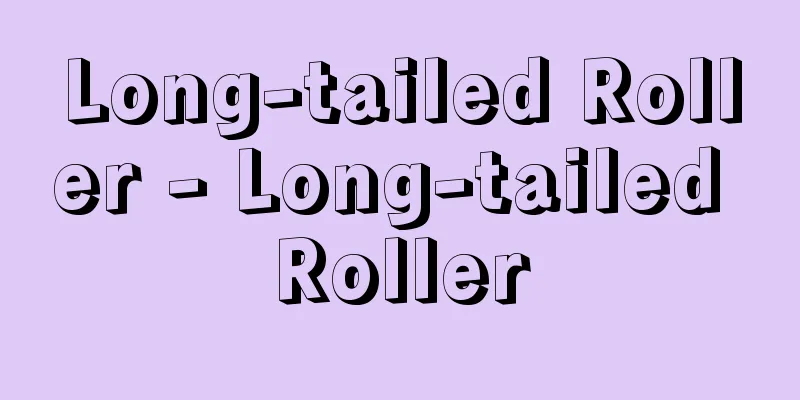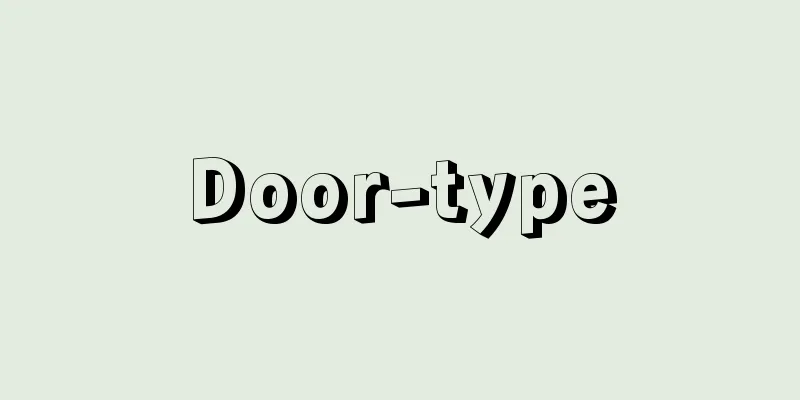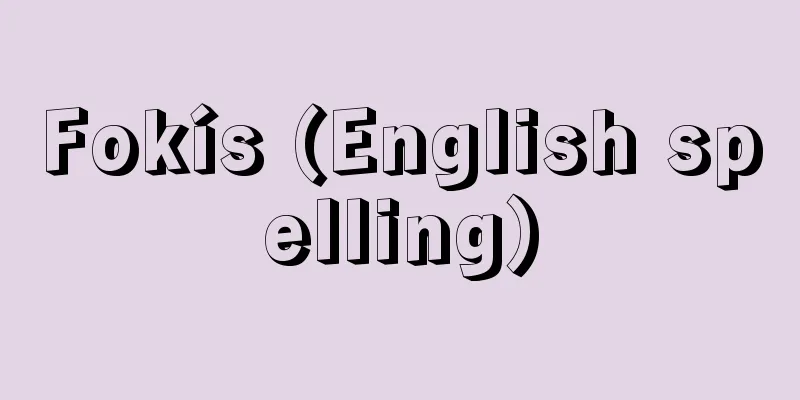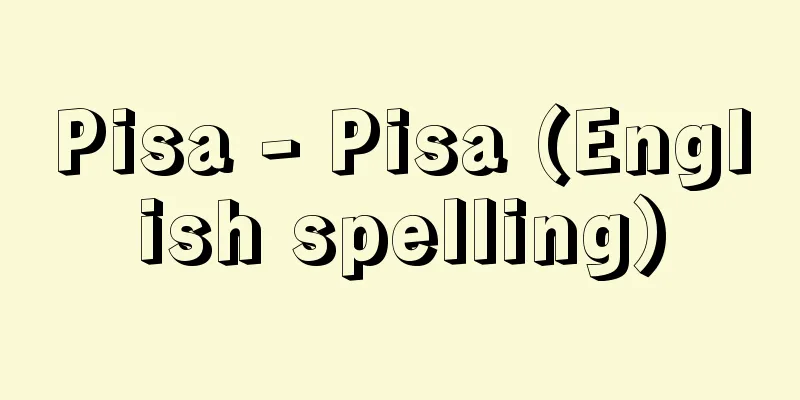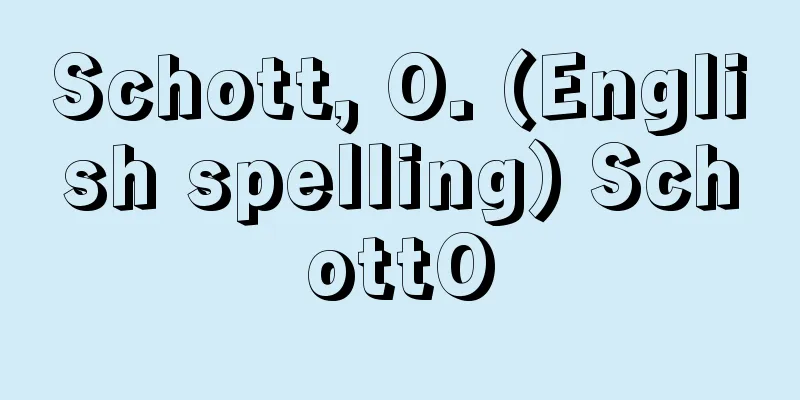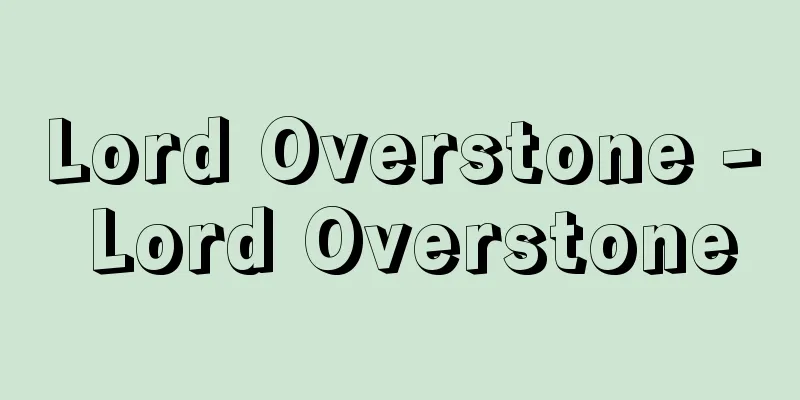Tax return - tax return
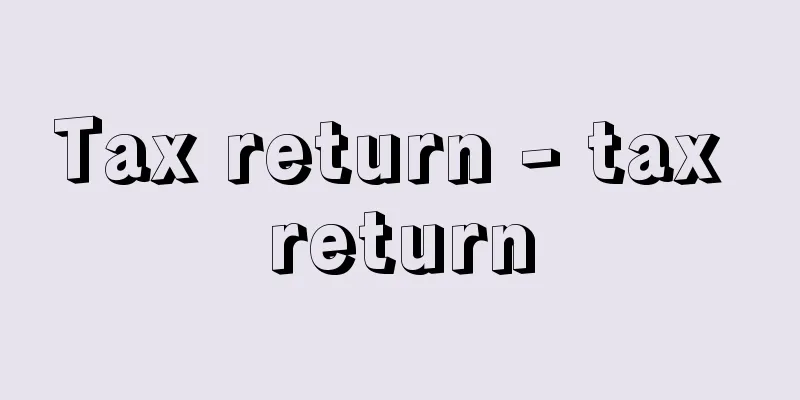
|
Japan has a self-assessment system in which taxpayers declare their income and other information to the tax office, which determines the amount of tax they must pay, and then they pay the determined amount themselves. Final tax returns are the declaration procedures that individuals and corporations go through to determine the amount of tax they must pay, and the procedures vary depending on whether they are individuals or corporations. Final tax returns are required for income tax, which is levied on individual income, corporate tax, which is levied on corporate income, consumption tax, gift tax, and inheritance tax. First, for individuals, all income from January 1st to December 31st of that year is calculated and income tax is calculated. At that time, if tax has already been withheld or if overpaid tax has been made through estimated payments, which estimate the amount of tax for that year based on the amount of tax paid in the previous year, you may be able to settle and receive a refund. Salaried workers and other wage earners have income tax deducted from their monthly salary, but this is settled and adjusted during the year-end tax adjustment, so they do not need to file a tax return. However, if there are medical expenses that cannot be settled during the year-end tax adjustment, such as new construction or renovation of a house, damage from a disaster or theft, or leaving a company, even wage earners are required to file a tax return and can receive a refund of overpaid taxes. Cases where you need to file an income tax return: (1) People whose salary income is 20 million yen or more (2) People who have additional income of 200,000 yen or more per year from real estate income, dividends, pensions, etc. (3) People who receive salaries from two or more companies (4) People with retirement income (5) People who retire in the middle of the year and are unable to receive year-end tax adjustments. In addition, sole proprietors are required to file a tax return if their business income, after deducting expenses, is 380,000 yen or more. In addition, salaried workers can file for refunds of overpaid taxes in the following cases: miscellaneous loss deductions for damages caused by disasters or theft, medical expenses deductions for those who pay more than 100,000 yen per year for medical expenses for a family, mortgage deductions for those who purchase a home with a loan, and earthquake-proofing renovation deductions for those who remodel to make the home earthquake-proof. People who only have miscellaneous income such as public pensions can receive social insurance premium deductions. Individual tax returns are filed between February 16th and March 15th of the following year for income earned between January 1st and December 31st. For corporate taxes, the period covered by tax returns is the business year, and tax returns are filed within two months of the day following the end of the business year. Additionally, for individuals, consumption tax is to be reported for the period from January 1st to December 31st by March 31st of the following year, while for corporations, it is to be reported within two months of the end of the business year. The deadline for gift tax is from February 1st to March 15th of the year following the year in which the gift was received, and the deadline for inheritance tax is within 10 months from the day after the day on which the person learned that the inheritance had commenced. The tax office will not contact you about filing your tax return, so you must remember to file within the deadline. (Writer: Kanemasu Sumiko / 2009) Source : "Chiezo" published by Asahi Shimbun Publications Co., Ltd. About Chiezo |
|
国の税金は、納税者が自ら税務署へ所得などの申告を行うことで納税額が確定し、この確定した税額を自分で納税する「申告納税制度」を採っている。個人や法人が納税すべき税額を確定するために行う申告手続きが確定申告であり、個人と法人によって、手続き内容などが異なる。確定申告が必要なのは、個人の収入に課せられる所得税、法人の所得に課せられる法人税、消費税、贈与税や相続税である。 まず、個人の場合は、その年の1月1日から12月31日までの期間のすべての所得を計算し、所得税を算出する。その際に、すでに税金が源泉徴収されている場合や前年度の納税額をもとにその年の税額を推定する予定納税などで税金を払いすぎている場合には、精算して還付を受ける場合もある。サラリーマンなど給与所得者は毎月の給料から所得税が天引きされているが、年末調整で精算し調整しているので、確定申告をする必要はない。ただ、年末調整では精算できない医療費や家の新築・増改築、災害や盗難の被害、会社の退職などがあれば給与所得者でも確定申告が必要になり、払いすぎた税金の還付を受けることができる。 所得税の確定申告が必要なケースは、 (1)給与の収入金額が2千万円以上の人 (2)不動産収入や配当、年金などの副収入が年間20万円以上ある人 (3)2つ以上の会社から給料をもらっている人 (4)退職所得がある人 (5)年の途中で退職して、年末調整が受けられない人 などである。 なお、個人事業主は、事業所得のうち、収入から経費を差し引いた所得が38万円以上の場合に確定申告をする必要がある。 また、給与所得者で、払いすぎた税金が戻ってくる還付申告ができるのは、災害や盗難などで被害を受けた場合の雑損控除、一家の医療費が年間10万円以上払った場合の医療費控除、住宅をローンで購入した場合の住宅ローン控除や耐震のためのリフォームなどをした場合の住宅耐震改修控除などがある。公的年金など雑所得だけの人は、社会保険料控除が受けられる。 個人の確定申告は、1月1日~12月31日までの所得を、翌年の2月16日~3月15日までに申告する。法人税は、確定申告の対象期間を事業年度とし、事業年度終了日の翌日から2カ以内に申告する。 また消費税は、個人の場合は1月1日~12月31日までの分を、翌年の3月31日までに、法人の場合は事業年度終了日から2カ月以内に申告する。贈与税は贈与を受けた年の翌年2月1日~3月15日まで、相続税は相続の開始があったことを知った日の翌日から10カ月以内が申告期限である。 確定申告は、税務署から連絡があるわけではないので、期限内に忘れずに申告しないといけない。 (金廻寿美子 ライター / 2009年) 出典 (株)朝日新聞出版発行「知恵蔵」知恵蔵について 情報 |
Recommend
Italian cypress (English) Italianancypress
...The seeds of the cones take two years to ripen...
Eleusis - Eleusis (English spelling)
An important settlement located about 20 km west ...
Sophronius
...In 614, the army of Khosrow II of the Sassanid...
Cartesius, R.
…French philosopher and scientist. His Latin name...
Loan - Arrangement
...A general term for the business of banks provi...
Backpack - Shoigo
A carrying device made of a woven basket made of b...
Emperor Suinin
The Kojiki and Nihon Shoki record him as the 11th ...
Adam, K. (English spelling) AdamK
…It was advocated by Stephen Fairbairn (1862-1938...
Salamander sea urchin - Salamander sea urchin
A marine animal belonging to the phylum Echinoder...
PicturePost
...In the West, especially in Germany after the e...
event
... A mathematical term. When trying to associate...
《Earn and Save》 - Earn and Save
...The original work is the rakugo story "Sh...
Akoya pearl (Akoya shell) - Pinctada fucata martensii
A bivalve mollusc of the family Bivalvia used as t...
Amelia Bloomer
…In the 19th century, as women's social advan...
Post-establishment - Jigosetsurittsu
A company may enter into a contract within two ye...
